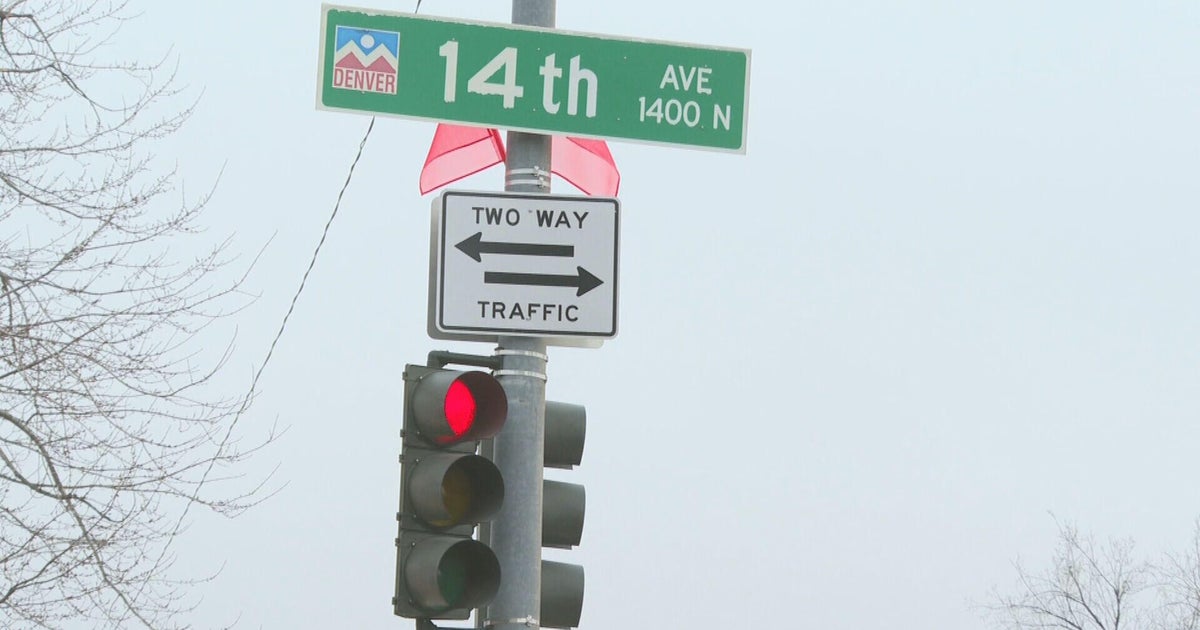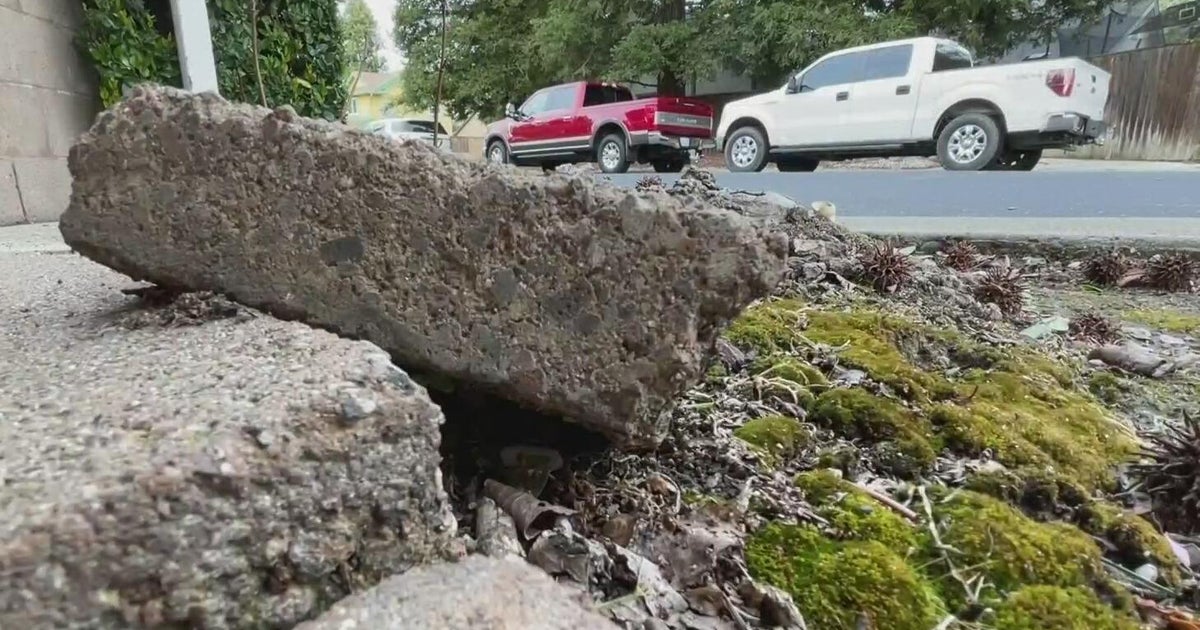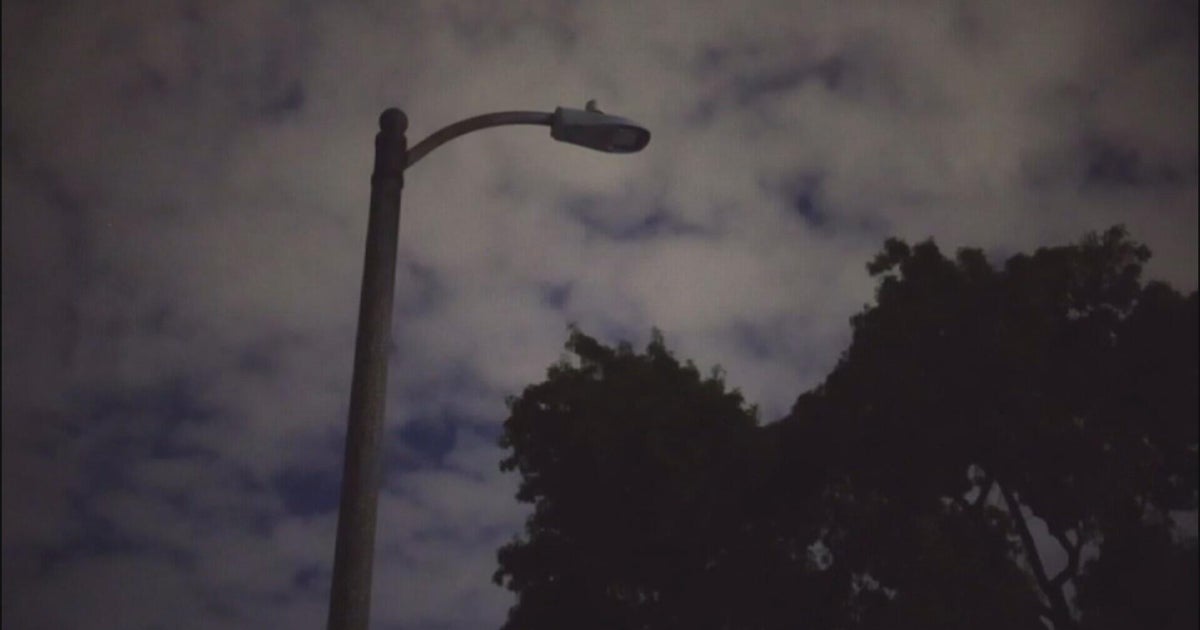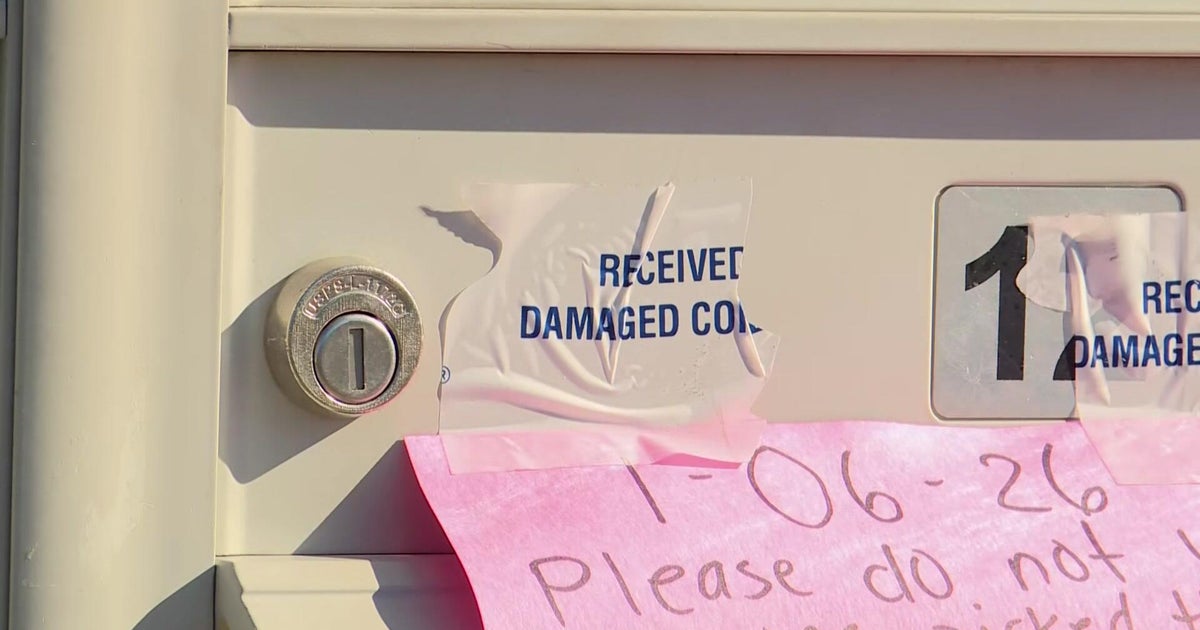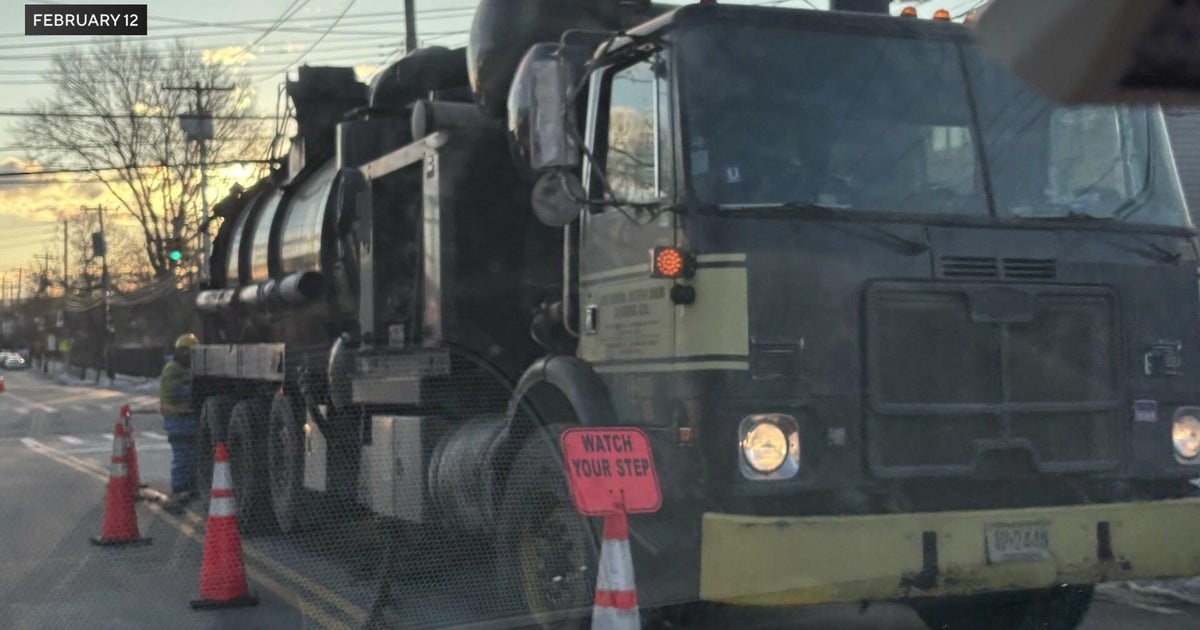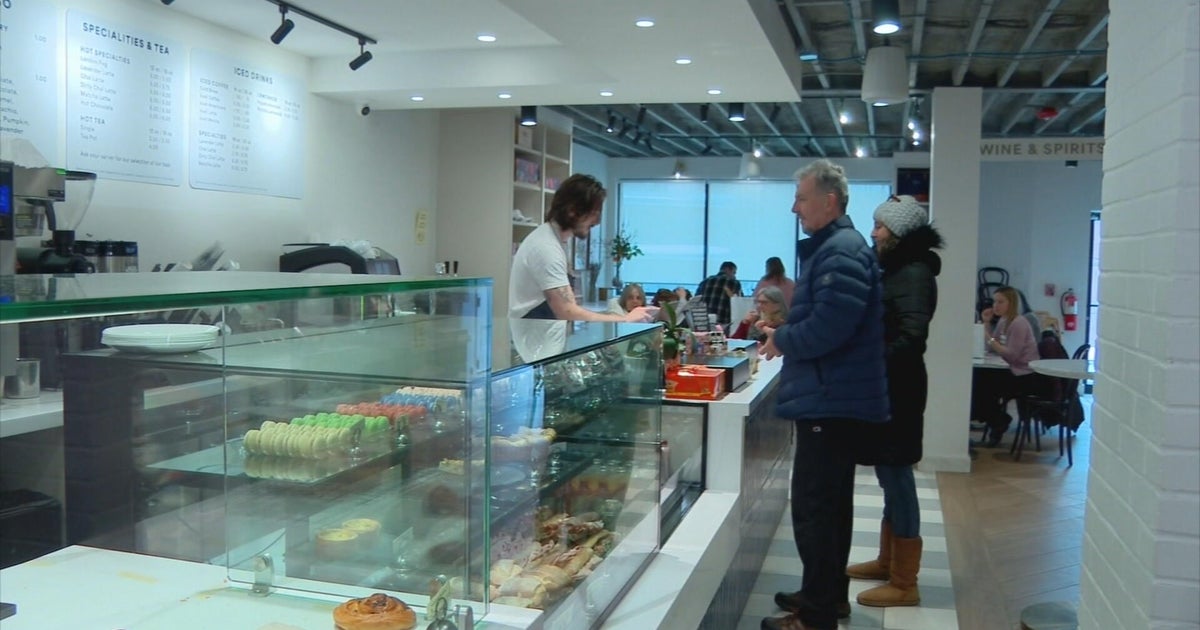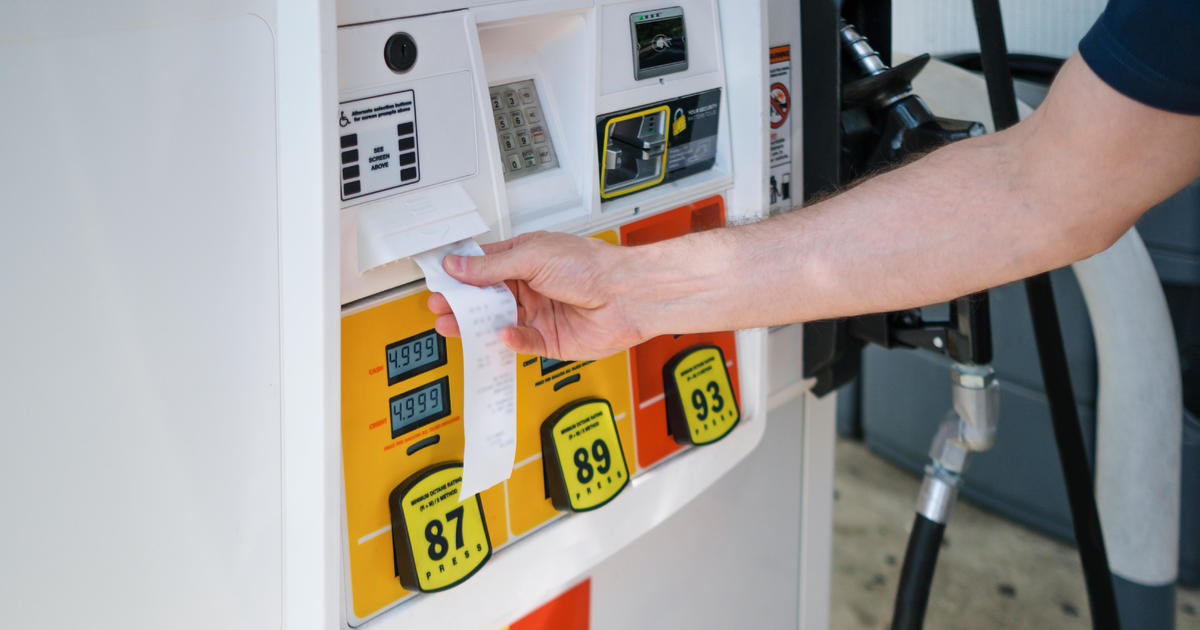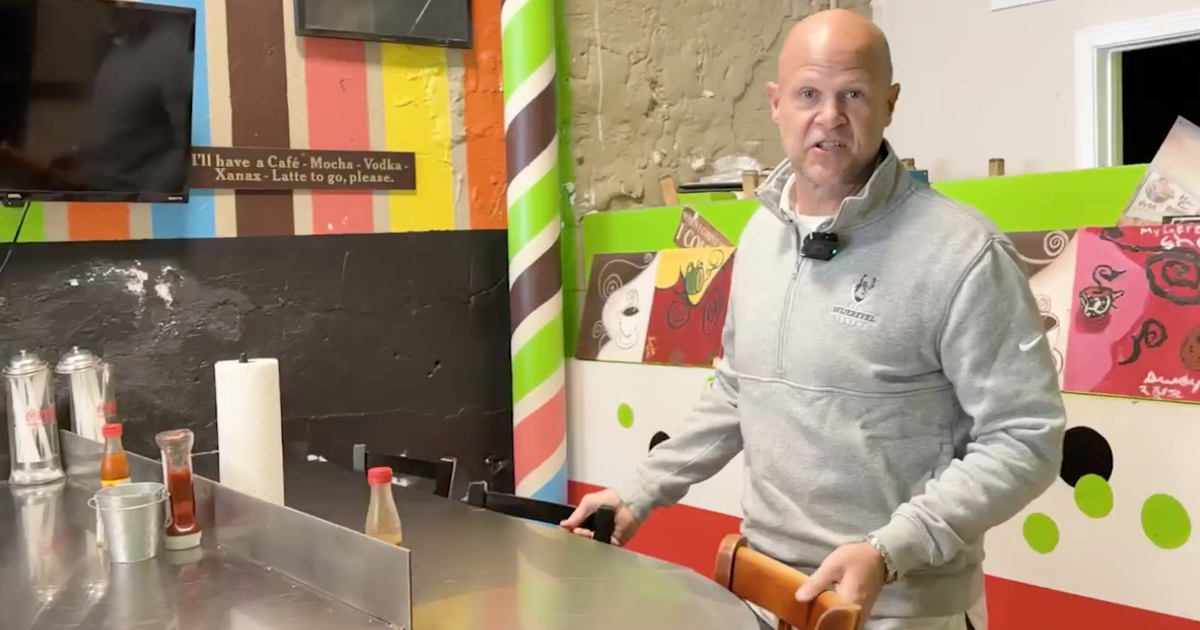Some New Yorkers worry congestion pricing will drive traffic into neighborhood streets
TRENTON, N.J. -- New Jersey politicians filed a lawsuit Friday to stop the MTA's congestion pricing plan, saying it would not just be a financial burden to Jersey drivers but would negatively impact the environment as well.
Many say in Washington Heights say bumper-to-bumper backup on Broadway is a daily frustration.
"It's gonna get worse," Washington Heights resident Jorge Hernandez said.
Hernandez works as an Uber driver and is against New York City's controversial congestion pricing plan.
"I think it's a bad idea because we work and so we're going downtown, Midtown, every time we have to come back again. I mean, me personally as an Uber driver, it's a bad idea," he said.
He says not only will it be costly, it will push more drivers into Manhattan neighborhoods that are already living with limited space.
"It's really hard. I spend like three, four hours searching for parking spot," Hernandez said.
- Related story: New Jersey lawmakers, Gov. Phil Murphy announce lawsuit against New York's congestion pricing
"I've been here 15 minutes trying to get onto the bridge," driver Rob Archer said.
The program's final hurdle was approved in June.
The plan is expected to charge drivers to enter Midtown, Manhattan.
According to MTA reports, drivers who enter Manhattan south of 60th Street could pay tolls of up to $23 for a rush-hour trip and $17 during off-peak hours.
Friday, the MTA started laying the groundwork, installing new cashless toll scanners on the city's West Side in preparation for the new toll system.
"I'm glad it's going to mass transit infrastructure, but that's just, that's gonna hurt people too much," West Side resident Mark Schall said.
The city says the tolling program will help reduce traffic and bring in $1 billion every year for mass transit improvements. Opponents say it will cause unfair financial and environmental burdens.
People who live in surrounding neighborhoods say it will drive traffic onto their streets.
"It is very, very tight, and then of course, New York City parking rules are very stringent, so that doesn't help it at all," Archer said.
The plan is expected to go into effect in spring 2024.
The MTA says cabs, Uber drivers and Lyft drivers will only be charged once a day, and there will be discounts for overnight workers and low-income drivers who live south of 60th Street.

